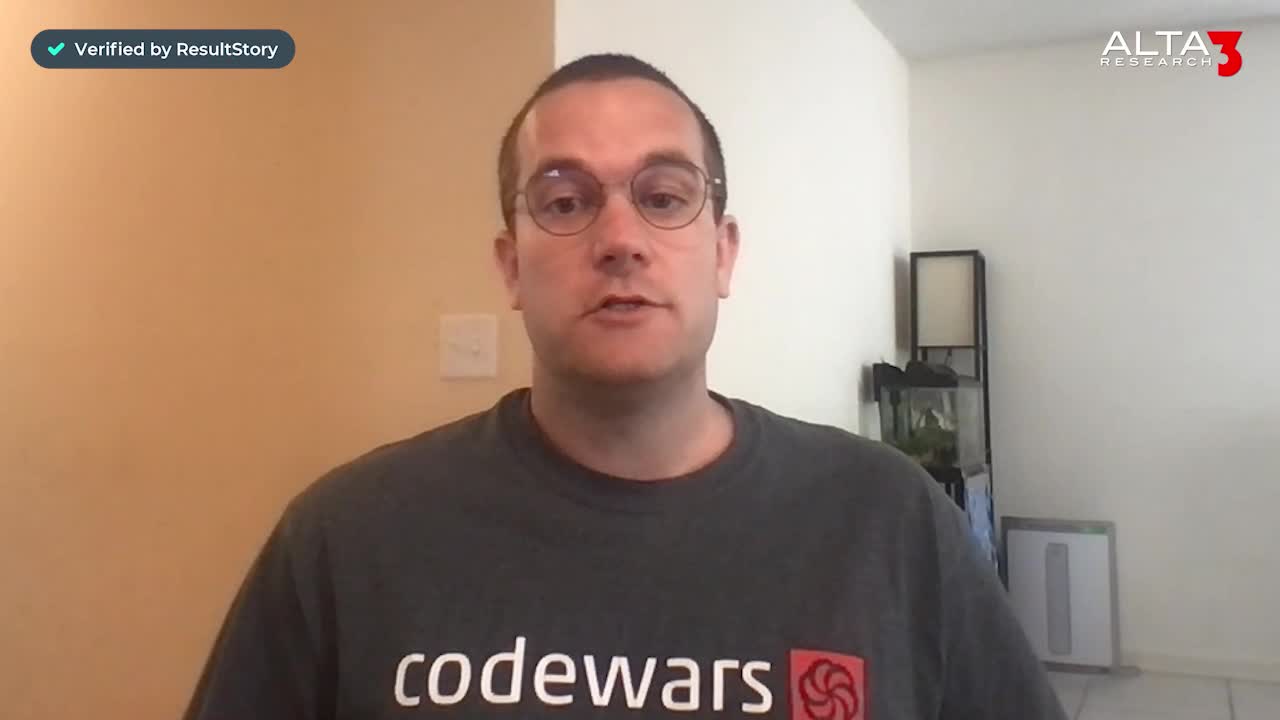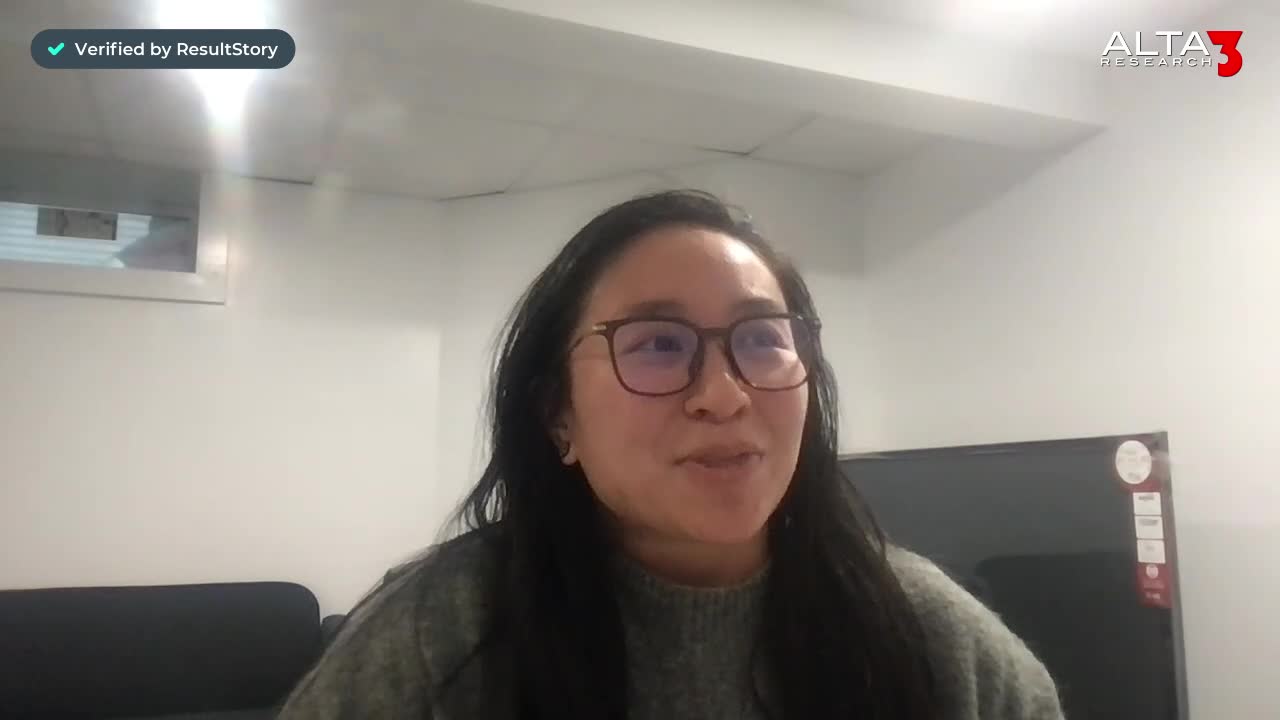Migrating from Java 8 to Java 11 | Java 11 New Features & Skills
Enhance your Java development skills with our expert-led course, 'Migrating from Java 8 to Java 11', perfect for experienced developers eager to leverage the latest features and best practices in Java 11 programming.

Essential Skills Gained

Develop modular applications using Java 11.

Migrate existing Java 8 applications to Java 11.

Utilize Java 11 tools for monitoring and optimizing applications.

Implement new Java 11 features such as JShell and enhanced API updates.
Format
- Instructor-led
- 3 days with lectures and hands-on labs.
Audience
- Experienced Java 8 Developers
- Intermediate Java Programmers
- Software Engineers
- Technical Leads in Java Development
Description
Migrating from Java 8 to Java 11 is a three-day, hands-on fast-track course geared for developers who have prior hands-on experience working with Java 8, who need to quickly get up and running the latest features introduced in Java 11. Throughout the course students learn the best practices for taking advantage of the new Java Module system as well as other new features in this major update to the Java programming language. The Java 9 update introduced major changes to the core language, including new features such as the Java Module system , the introduction of JShell, as well as several small enhancements to the language as part of the ‘Milling Project Coin’ project. ‘Project Coin’ was introduced during the development of Java 7 to introduce small language changes. Milling Project Coin introduced several enhancements that did not make it into Java 7. This course provides a fast-pace, high-level overview of the some of the lesser-known languages changes that were introduced over the years. Several of these small changes have laid the foundation for the enhancements made in Java 9, 10 and 11.
Upcoming Course Dates
No upcoming dates. Please check back later.
Course Outline
Download PDFSession: Introduction
Introduce the new release cycle of Java versions
Explain LTS versions
Lesson: Milling Project Coin
Overview of changes made to the language throughout the years
Multi-catch
Using effectively final variables in try-with-resources
Suppressed Exceptions
Binary literals
Reserved underscore (Java 9)
Type inference in anonymous classes (Java 9)
@SafeVargs (updates in Java 9)
Default and static methods in interfaces (Java 8)
Private methods in interfaces (Java 9)
Session: Survey of Java 9 Updates
Lesson: Survey of Java 9 Changes
Introduce some of the changes in Java
Java versioning
The JDK/JRE file structure
Deprecation
The jdeprscan tool
Multi-Release JAR Files
HTML 5 compliant Javadoc
Lesson: Collection and Stream Updates
Factory methods for Immutable Collection types
The takeWhile and dropWhile methods
The Stream Iterate and ofNullable methods
Lesson: Java 9 Concurrency Updates
Brief overview of Concurrency in Java
Overview of CompletableFuture (Java 8)
Subclassing the CompletableFuture
The default Executor
New Factory methods
Dealing with time-outs
Lesson: Other New Java Features
Enhancements on the Optional class
Improvements made in the Process API
The Stack-Walking API
The HTTP2 Client
The Multi-Resolution API
Session: The Java Module system (Jigsaw)
Lesson: Why JigSaw?
Problems with Classpath
Encapsulation and the public access modifier
Application memory footprint
Java 8’s compact profile
Using internal JDK APIs
Lesson: Introduction to the Module System
Introduce Project Jigsaw
Classpath and Encapsulation
The JDK internal APIs
Java 9 Platform modules
Defining application modules
Define module dependencies
Implicit dependencies
Implied Readability
Exporting packages
Lesson: The Module Descriptor
Define module requirements
Explain qualified exports
Open modules for reflection
Use ServiceLoader
The provides and uses keywords
Lesson: Working With Modules
Being backwards compatible
The ModulePath and ClassPath
Unnamed Modules
Automatic Modules
The JLink tool
Session: JShell
Lesson: JShell
Introduction to JShell
Running Expressions in JShell
Importing packages
Defining methods and types
Using the JShell editor
Save and loading state
Lesson: Survey of Java 10 updates
Lesson: Survey of Java 10 Changes
Docker Awareness and Support
Unmodifiable Collections
Garbage Collection Enhancements
Application Class Data Sharing
Ahead-of-Time Compilation
Lesson: Local-Variable Type Inference
Type inference
Infering Types of Local Variables
The var Reserved Type name
Benefits of Using var
Backward Compatibilty
Session: Survey of Java 11 updates
Lesson: Survey of Java 11 Changes
Provide an overview of some of the new features introduced in Java 11
The Java versioning scheme
Local-Variable Syntax in Lambdas
Using Regular expression patterns with Predicate
The Collection toArray Method
Unicode 10 Standard
HTTP Client API
Launch Single-File Source-Code Programs
Lesson: Using Strings in Java 11
Working with Strings
Discuss the definition of whitespace in Java
Introduce the new strip() methods of the String class
The isBlank() and repeat() methods introduced in Java 11
Using the lines() method to construct a Stream instance using a String
Lesson: Java 11: Removed Features and Options
Provide an overview of tools and APIs removed
Java EE modules are no longer available in Java 11
Session: HTTP Client API
Lesson: The HTTP Client API
Making HTTP (Hypertext Transfer Protocol) requests
Explain Incubator Modules
HTTP2 Client API
Introduce WebSockets
Communicate with WebSocket endpoints
Session: Additional Topics
Lesson: Memory Management
Understand memory management in Java
Discuss the various garbage collectors
The Garbage-First (G1) Garbage Collector
The No-Op and ZGS Garbage Collectors
Lesson: Performance Optimizations
Ahead-Of-Time Compilation
Hotspot Diagnostic commands
Your Team has Unique Training Needs.
Your team deserves training as unique as they are.
Let us tailor the course to your needs at no extra cost.
See What Other Engineers Are Saying
Trusted by Engineers at:
and more...

Aaron Steele

Casey Pense

Chris Tsantiris

Javier Martin

Justin Gilley

Kathy Le

Kelson Smith

Oussama Azzam

Pascal Rodmacq

Randall Granier

Aaron Steele

Casey Pense

Chris Tsantiris

Javier Martin

Justin Gilley

Kathy Le

Kelson Smith

Oussama Azzam

Pascal Rodmacq

Randall Granier